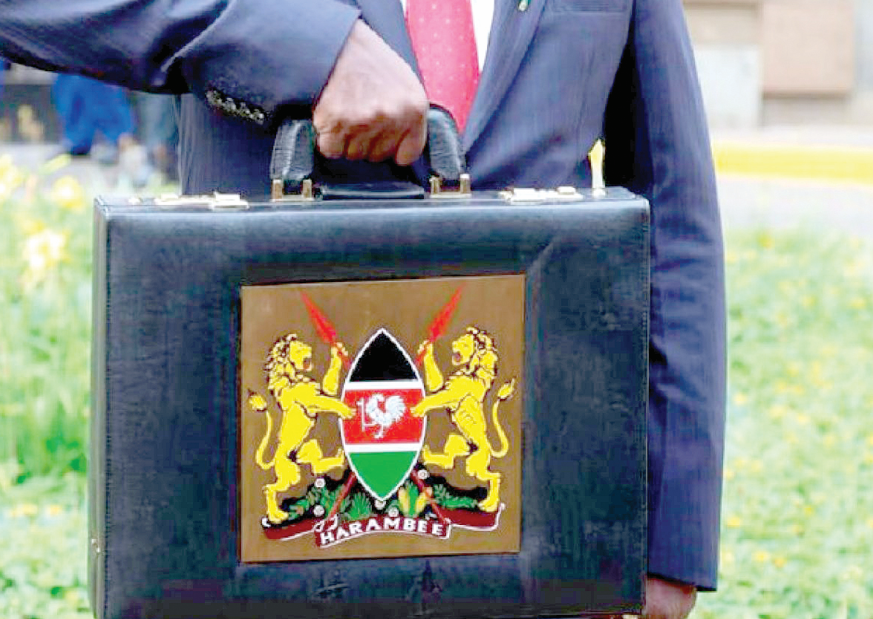Why online, in-store retailers are rushing into partnerships

Low e-commerce penetration is forcing partnership deals in the retail market with virtual and physical stores exposing consumers to new ways of shopping.
This synergy has seen e-commerce platforms and delivery firms seek ways to piggy back on the traditional but still fast-expanding physical retailers to boost their traffic and spur growth.
Online retailer Jumia has entered an arrangement with Carrefour allowing customers to order the French retailer’s products on its platform.
Customers can also pay at Jumia counters in Carrefour stores for delivery.
“The market is very small, we are looking at a proportion of about one per cent online shoppers, so players are working on partnerships to deliver growth,” said Pauline Masese, communications lead at Jumia Kenya.
A quick web traffic scan shows that Jumia has three million average monthly visits while Jiji.co.ke, formerly OLX has 1.5 million monthly visits, according to SimilarWeb.com.
Market leaders
Kilimall and Masoko are a far cry from the market leaders with 426 thousand and 100,000 monthly visits in that order.
Masoko’s monthly visits have fallen from 150,000 to below 100,000 in the last five months.
A recent survey by Mastercard shows that only four per cent of Kenyans primarily use internet for online shopping compared to 52 per cent in South Africa.
The Nigeria–based Jumia had originally struck a deal with Tuskys but Tuskys pulled out after the e-retailer also partnered with Carrefour.
Naivas, the leading physical retail store, has launched its own online platform and has partnered with delivery firm Glovo to ship its products to consumers.
Glovo has signed a deal with Java House Africa, Zucchini Greengrocers and Onn the way supermarkets.
The Mastercard survey released last week shows that Kenya has one of the lowest proportion of online shoppers, even though it ranks at number at five in Africa.
Looking at all five markets surveyed, the report shows South Africa is second in terms of respondents who primarily use the Internet for online shopping, at 52 per cent.
“Slightly higher, 53 per cent of Moroccans use the Internet primarily to shop, followed by 44 per cent in Egypt, seven per cent in Nigeria and just four per cent in Kenya,” the study notes.
Jumia has also opened its delivery services to third parties to inorder to cut the cost of operations to the demanding and labour intensive delivery business.
The New York Stock Exchange-listed startup exited several African countries including Tanzania and Rwanda to remain with South Africa, Nigeria and Kenya.
Some players are scaling down to concentrate on traditional products while some have exited the Kenyan space.
Safaricom, for instance, early this month partnered with Jumia to reward shoppers who pay with M-Pesa while cutting the number of products on Masoko by severing ties with suppliers.
A quick scan on Masoko.com shows that everything, other than phones and their accessories, has been reoved from the site, meaning Safaricom has opted to give up after two years.
OLX left the Kenyan market and sold its business to Nigeria’s Jiji which currently runs the platform as Jiji.co.ke.
Data from the Retail Traders Association (RETRAK) shows that physical retailers still rule the market and many of them are rapidly opening new stores.
While the transition to e-commerce takes effect in the trade sub-sector, players argue brick & mortar outlets remain as important as ever before.
The traders association’s new survey of which a majority of respondents were supermarkets (37 per cent), 32.4 per cent of retailers have made plans to open new branches.Naivas and Quickmart are expanding fast thanks to liquidity from venture capitalists.
Physical outlets
RETRAK boss Wambui Mbarire said physical outlets remain integral to the growth of the retail sub-sector, adding that e-commerce is only a Nairobi headache but in rural Kenya, it’s the kiosks and shops that rule.
The association is the voice of the retail industry and champions their success by putting across their agenda and trade concerns to government agencies, parliament












